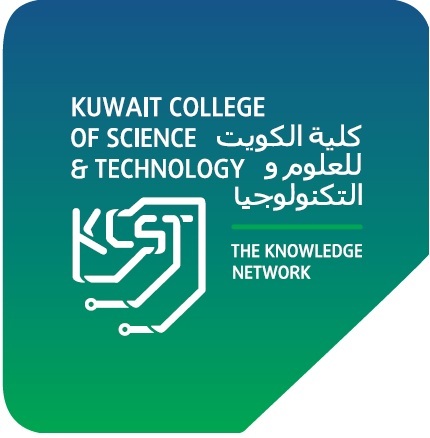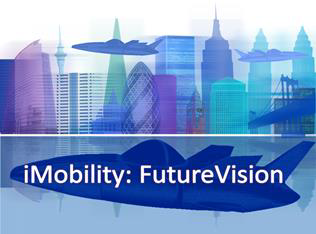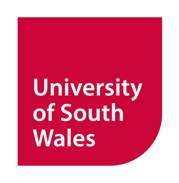9th International Conference on Next Generation Mobile Applications, Services and Technologies
 |
|||||||
 |
|||||||
International Conference on Technologies and Applications for Smart Cities (I-TASC ’15)
Deadline extended to 12th June!
Smart City efforts are growing across the world and large investments are being targeted for infrastructure and system deployments. There are several applications and services across a typical smart city, involving multiple administrative domains (stakeholders), technologies and requirements. All of these need to interwork to deliver the services for the smart city. These services should be always available and perform within the acceptable performance bounds of the specific service.
There are three broad aspects to the Smart City Services – Infrastructure, Data and Mobility. Infrastructure, primarily includes, smart objects that form the building blocks of the smart city. The smart objects are sensor-enabled communicating devices generating data. Data, in itself, is an all-encompassing aspect of a Smart City – Collection and Aggregation, Storage and Retrieval, Availability and Analysis, Processing and Presentation are the various facets of Data in a Smart City. Mobility, includes communication, and deals with both static and mobile smart objects. Smart City Services will evolve from these basics and will require the definition of several frameworks for operation and interaction. Specifically, such frameworks should permit interoperability, data exchange as well as mobility as their basic operations in a generic context of the Internet of Things (IoT), which will include Machine-to-Machine (M2M) and Machine-to-User (M2U) interactions. These are supplemented by Physical Computing Systems that are innovative physical systems built with hardware and software.
The range of applications would encompass several essential service verticals such as energy, sanitation, health care, transport, farming, governance, automation, manufacturing etc. Some of these are categorized as Critical infrastructure and require a thorough Security treatise with respect to operations, to ensure privacy.
The third International Workshop on Technologies and Applications for Smart-Cities (I-TASC) will be co-hosted with the 9th edition of NGMAST at Cambridge, UK from 9th to 11th September 2015 (http://www.ngmast.com). The intent of this workshop is to bring together researchers and practitioners working on technologies, systems, design and applications in the Smart City domain. The overall goal is to discuss Systems and Application frameworks, Protocols, Deployments and Performance of Smart City Applications and Services and to share the deployment experience of prototypes or large-scale deployments. It intends to facilitate an inter-disciplinary ambience for researchers, developers and industry to discuss the Smart-City drivers with issues that concern the Smart Technologies, its Management, Security concerns and Service creation to realize Smart City Experience.
The workshop will comprise of invited talks and paper presentations followed by a panel discussion of eminent contributors from this emerging field. The proceedings of the workshop will be published by IEEE CPS, IEEE Xplore and IEEE Computer Society digital libraries (CSDL) and indexed through IEE INSPEC, EI (Compendex), Thomson ISI, and other indexing services.
A list of topics for paper submissions to this workshop is mentioned below. Authors are encouraged to submit position papers, surveys, experiments & results and deployments.
- Communication System and Architecture for Internet of Things
- Next-Generation Internet Protocol (IPv6)
- Experiences with Open source Platforms and hardware within IoT context ( Arduino, Raspeberry Pi)
- Physical Computing
- Novel concepts such as Crowd-sourcing for Smart City Applications
- Techniques in smart and efficient processing of the “Big Data”, Cloud applications
- Secure communications with trust and privacy
- Trust models for large-scale deployments
- Smart Homes and related technologies
- Smart Grid and Smart Metering
- Smart Applications for Health-Care
- Smart Applications for Energy-efficient and sustainable living
- Smart Applications for Education
- Smart Applications for Transportation
- Smart Applications related to urbanization
- Smart Applications for automation and manufacturing
Workshop Chair: Dr. Chitra Balakrishna, Edge Hill University, balakris[at]edgehill.ac.uk
Program Co-Chairs:
Dr. Ella Periera, Edge Hill University
Dr. Mark Anderson, Edge Hill University
Mr. Besim Mustafa, Edge Hill University
Paper Submission deadline: 12th June 2015
Notification of Acceptance: 22nd June 2015
Author/Early Registration: 30th June2015
Camera Ready: 30th June 2015
Workshop Date: 11th September 2015
 |
 |
||||
 |
 |
 |
|||
|
Media Partner |
 |
 |
 |
||

